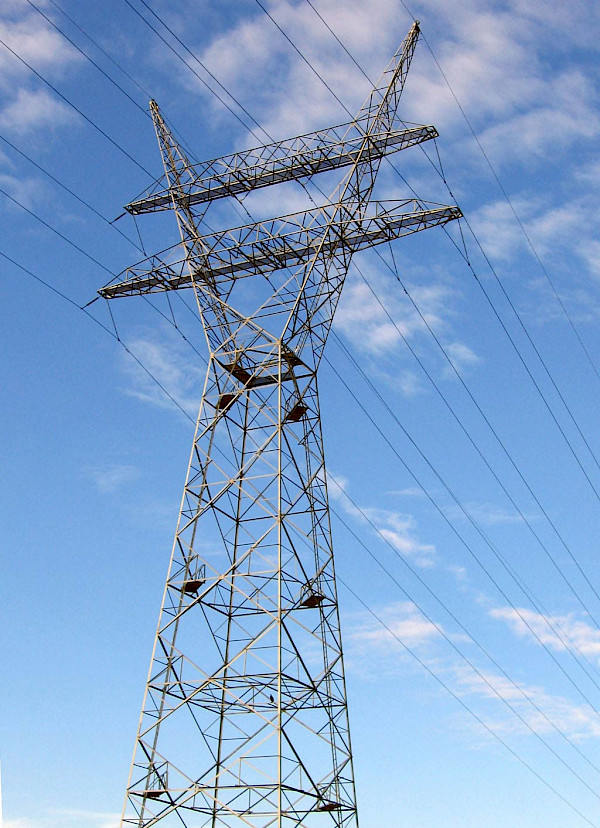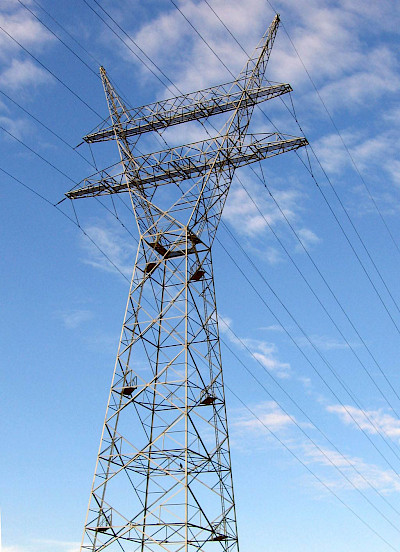
28 Jun 2016
This was written by David Hall and first published on Open Democracy
A substantial majority of people want to see the UK’s electricity and gas services in public ownership. We think that the private companies are charging us far too much; we want to move much faster towards generating electricity from renewable sources like wind and solar; and we want the whole system to be transparent and accountable to the public instead of shrouded in corporate secrecy and double-speak.
When Jeremy Corbyn supported this view during his leadership campaign in August 2015, the mainstream media didn’t discuss any of these issues – they just insisted we couldn’t afford it. The Daily Telegraph, the Guardian and the Sun all triumphantly headlined a claim from city stockbroker Jefferies that Corbyn’s scheme would cost £124 billion or £185 billion, and we obviously can’t afford that, and so we have to put up with privatised energy for ever. The Sun rounded off its report with another confident claim, that Andy Burnham was now clear favourite to win the Labour party leadership.
Unfortunately, the stockbroker’s claim was about as accurate as the forecast of a Burnham victory. A far more realistic estimate is that compensation could cost about £24-36 billion, in return for which we would save over £3 billion every year, mainly by losing the burden of shareholders’ dividends. That’s a return of nearly 10% or more – not a bad investment, by any standards – but it shows one glaring limitation of Jefferies’ analysis: they completely ignore the possibility of any benefits from public ownership. The detailed justification for this estimate is set out in a paper “Public ownership of the UK energy system – benefits, costs and processes”, available from We Own It . I will be talking about the proposal at Own the Future: Public ownership in the 21st century on Saturday 7th May.
How could the Jefferies estimate be so wrong? They made obvious mistakes about what would be taken into public ownership. They assumed that the public want to buy everything that National Grid and others own, but we obviously don’t want their subsidiary operations in the USA, or elsewhere outside the UK. They also assumed that every one of the companies generating renewable and conventional electricity would be bought, despite the fact that Corbyn explicitly excluded the small generators. They also wrongly assumed that the Big 6 suppliers would have to be bought from their owners. Under EU law as it stands, there is little point buying their supply businesses, when municipal supply companies can be set up in parallel, and, on the basis of German experience, gain half of the domestic market.
They also made a basic mistake about the law on compensation. Jefferies assumed that governments are subject to the Stock Market’s takeover rules when bringing activities into public ownership, and have no option but to buy shares at their full market price or even higher – which is simply untrue. The Court of Appeal and the European Court of Human Rights confirmed as recently as 2012 that democracy is paramount in these matters, and so it is for parliament to decide what is fair compensation. Indeed, the 2012 case concerned the nationalisation of Northern Rock, for which the government paid precisely nothing in compensation to its shareholders, and so we now know for sure that, in principle, even zero compensation can be fair. And in the real world, governments and owners negotiate on compensation, so the final settlement ends up being lower than the shareholders’ initial claims – in the case of the renationalisation of New Zealand rail, for example, the final figure was about 2/3 of the original claim.
Finally, to make things worse, Jefferies seem to have made some simple mistakes in their arithmetic, but since they refuse to reveal their workings except to “clients and selected journalists”, we have to infer this from a single graphic and a few quotes. Un-transparent guesstimates make for bad maths as well as bad policy.
Public ownership would pay for itself in 10 years or less
The upshot of my report is a more realistic estimate of about £24 billion for the parts of the private companies worth taking into public ownership: a lot of money, but still only a third of what we spent rescuing Royal Bank of Scotland. That figure may well be much smaller by the time of the next election, because the market value of some of the major companies has been falling rapidly, and the value of their coal, oil and gas fired power stations is falling even faster. The savings that would be made from a publicly owned system mean that public ownership would pay for itself in 10 years or less. After that, the savings could be reinvested in lower prices, renewable energy or both.
Is the proposal just a left-wing fantasy, or do other big countries have public ownership of energy? And can it really be 10% cheaper? Yes it can. Most of the system in France is publicly owned, and in Germany most of the distribution networks are publicly owned, nearly half of all households get their energy from a municipal supplier, and the city of Munich has committed itself to having all the electricity in the city 100% generated from renewables, all generated by the municipality, by the year 2025. Across Europe as a whole, the most comprehensive research on prices found that the price of energy from public sector companies is 20%-30% lower than the price charged by private suppliers; while in the USA, 48 million people get their electricity from public sector companies, at a price which is 12% lower than the private companies charge.
The processes involved in bringing services into public ownership are complex. There is a need for wide-ranging open public debate about what should be done, the benefits to users and to public policy on climate change, the financing of the transition and of future investment and operation – and the cost of various options – and critical voices and challenges should be a part of that process. But let’s be clear about this – the Jeffries estimate is wrong, and so is the idea that we can’t have an energy system that puts us ahead of shareholders. Public ownership of energy is possible, affordable and happening in many countries around the world. It’s time to talk about how we can get there.

